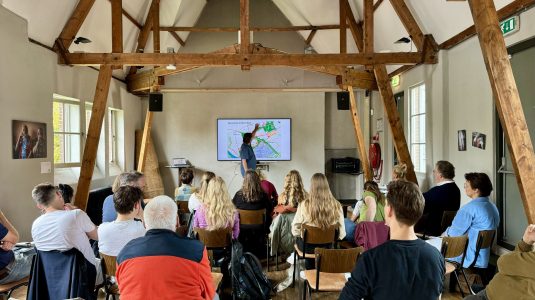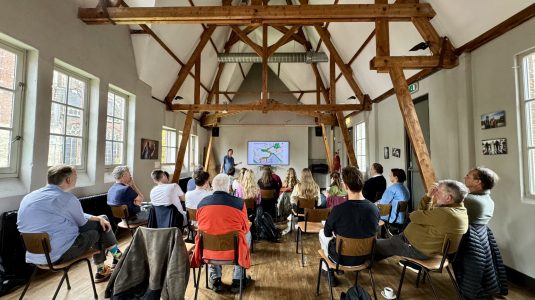 Seymour Hersh, schrijver van acht boeken, onthuller van My Lai en Abu Ghraib, spreekt voor het eerst op een Global Investigative Journalism Conference. Over de ‘micro’-kant van onderzoek: dat ene bepalende moment in het verhaal, die ene zin die iemand uitspreekt die je doet beseffen dat je goed zit. En over het omgaan met bronnen.
Seymour Hersh, schrijver van acht boeken, onthuller van My Lai en Abu Ghraib, spreekt voor het eerst op een Global Investigative Journalism Conference. Over de ‘micro’-kant van onderzoek: dat ene bepalende moment in het verhaal, die ene zin die iemand uitspreekt die je doet beseffen dat je goed zit. En over het omgaan met bronnen.
Tekst: Margo Smit
Seymour Hersh begint de ochtend met een stukje geschiedenis, en het valt onmiddellijk op: hij is een verteller, niet alleen op papier, ook in levende lijve. Verhalen vertellen is wat hij doet, al zijn hele leven.
‘Fourty-two years ago, as a kid reporter, I worked for a wire service. I covered the Vietnam War and concluded this war was murderous, for the Vietnamese, and for the US troops.
So in 1967 I left journalism and went working for presidential candidate Eugene McCarthy. A guy who spoke of morality, as one of the few. I worked as speech writer and while doing that found out that the USA had lowered the standards to join the military.
Undereducated kids from the getto could get into the military without very little education. They became ‘the defenders of democracy’.’
‘After McCarthy lost, I couldn’t get a job in journalism anymore, for I had crossed over into politics. So I started as a freelancer. ‘
‘In 1969, I got a tip about a mass murder that was covered up. It was about these kids from the getto getting into the worst part of the country, North-Vietnam, never engaging with ‘the enemy’ for months.’
‘They patrolled, scared of booby traps and betty bombs, and began to take it out on the people through beatings and rapes. And then they were told, ‘Tomorrow you will finally meet the enemy’.’
‘On March 16, 1968, at 3:30 in the morning, they go up to this village and instead of meeting the enemy, they find old men and women, children, going out for rice. And they just start ‘plugging’ them, as one soldier called it. 565 people were killed in one morning. And the white farm boys did most of the killing.’
‘One and a half years later, I went after this story. And went searching for soldiers who were there. It took me months before I heard about a guy that on the outset wouldn’t shoot a little kid but ended up shooting people anyway and almost went crazy over it, Paul Meadlo.’
‘All I knew was he was in Indiana. This was before Google, so I went around calling every operator, knocking on every door in Indiana. Finally I find a farm, as run down as you can imagine.’
‘This woman walks out to me, the mother, 50 but looking 70, in a cotton dress. She says, ‘I don’t know if he’ll talk to you’.
And then she says, ‘Sir,I gave them a good boy and they sent me back a murderer’. Then I knew this was at the heart of my story, that is the moment we are in the profession for, a moment we will always remember. It has energized me all my life.’
En dan reflecteert Hersh op de toekomst. Voor het verhaal over My Lai kreeg hij een lening van duizend dollar en een American Express credit kaart. Dat kan nu niet meer, verzucht hij.
‘I think the business is tougher now. The newspaper business is dying as we speak. But the internet is giving us enormous possibilities, it is limitless. The future is actually brighter for us journalists, but right now we’re still in the dark.’
‘I worry about some of the blogs, for instance the Huffington Post’s investigations are sloppy. But Pro Publica wins prize after prize. There has to grow some maturity there. And that will happen.’
‘Also, we are a much smarter group of journalists now, we have so much access to information at our fingertips. We will all have to get better, have to be better journalists.’
‘So I am optimistic, we will find a business model. We will take out the middle men in the business, but editors will still want good stories. The future can only get better, and it will.’
Welke verhalen moeten we gaan maken? Afrika, zegt Hersh, is vol verhalen, het dumpen van gif en afval daar, de dreiging van en tegen Iran.
Zijn voorbeelden zijn wereldomvattend, maar hij zegt vervolgens: ‘Without strong local coverage, we’ll lose. The biggest concern I have is about the collapse of the local papers.
The local politicians will go crazy if they go unchecked, that’s for sure. We need to keep checking them. I don’t want to overdo it, but governments lie. We don’t lie, we make mistakes. But governments need to be checked on all the time. And that gets lost.’
Hersh werkt vooral met mensen die net gepensioneerd zijn, want die willen graag vertellen. En als journalisten parasiteren we op mensen met verdriet, mensen die boos zijn, mensen die wraak willen. Dat zijn onze bronnen.
Niet mooi, maar dat is hoe het is. En zonder anonieme bronnen gaat het niet meer, zegt hij. Om zijn bronnen te beschermen stopt hij geen enkele aantekening over bronnen, of lijstjes met namen in zijn computer. Hij heeft honderden aantekeningboekjes met handgeschreven notities.
Hij belt ze nog wel, maar alleen om afspraken te maken voor ontmoetingen.
‘I don’t do sensitive interviews on the phone. If your source is dead, you’re dead, you will never be trusted again.’
Hij adviseert veel te lezen.
‘Be of the world! Then when someone mentions something, you’ll know what they are talking about. In order to get interesting stories, you have to be interesting yourself! Read before you write.’
En wat wordt zijn volgende boek?
Hersh hint alleen dat er verhalen over voormalig vice-president Dick Cheney in staan. Weer een boek over de ‘war on terror’?
‘Illegal and immoral wars are good for my career. We’re there to explain it. It is what we do, this is a life time job.’
De VVOJ presenteert op de eerste Regiomiddag in 2025: een podcast die de Vlaamse onderwereld induikt, een succesvolle Vlaams- Nederlandse journalistieke samenwerking, een kersvers Brabants nieuwsplatform en 10 tips voor AI Tools.

